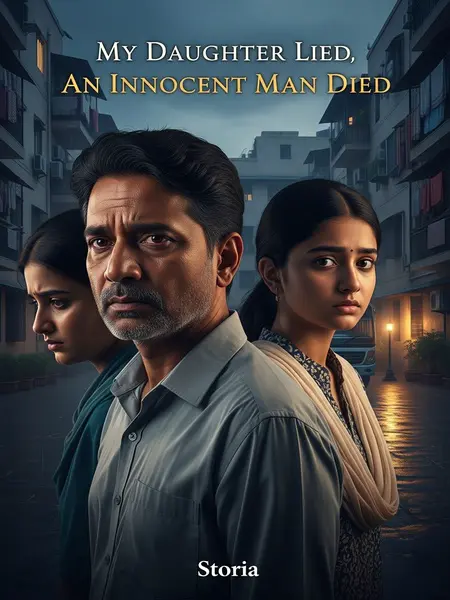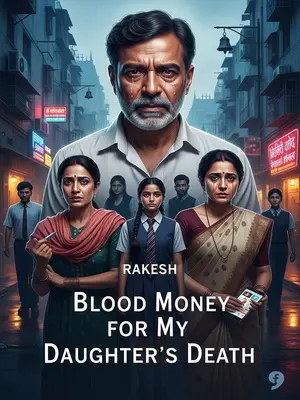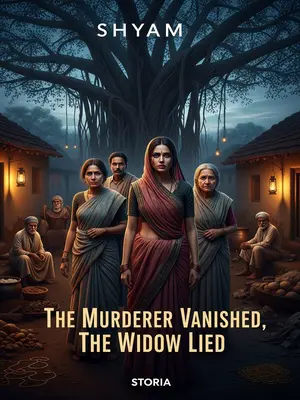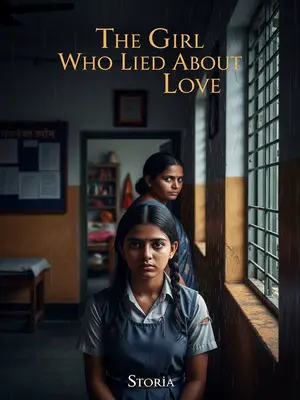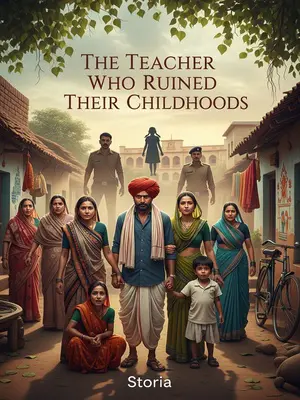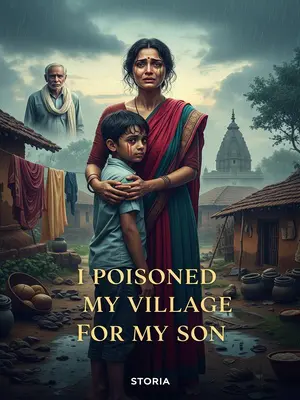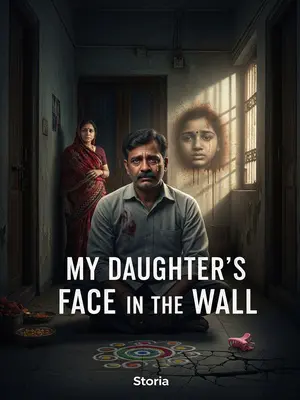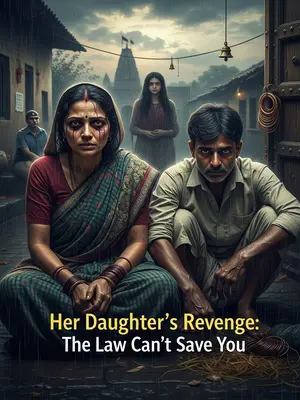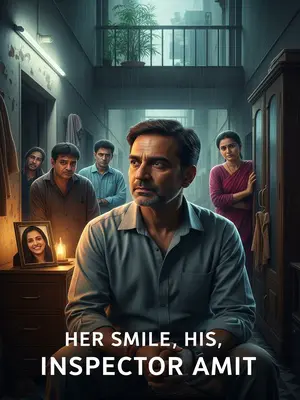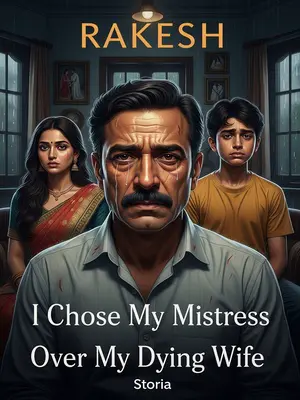Chapter 4: Guilt and Revelation
A few days later, while I was out buying vegetables, I was stopped by Ramesh’s mother, Sushila Devi.
It was a muggy evening, the kind when the air clings to your skin. As I haggled with the sabziwala over bhindi, Sushila Devi appeared, clutching her pallu, eyes red. She looked ten years older than I remembered.
Her hands shook as she pressed fifty thousand rupees and a box of Amul Gold milk into my hands, begging me to spare her son and not let Ramesh go to jail.
I looked down at the crumpled notes, some taped, the milk box warm. She must have pawned her bangles, maybe borrowed from neighbours. My throat tightened—how far a mother will go for her son.
I told her gently I was powerless—the court had sentenced him. Even a letter of forgiveness would only help for parole. Ramesh would still go to jail.
Sushila Devi shook her head. She said she wasn’t here for a letter of forgiveness, but hoped my daughter would recant her testimony.
She looked around nervously, lowering her voice. "I don't want any letter, babuji. Only one thing—please, your daughter can tell the judge the truth. My Ramesh is innocent. She is a good girl, she will listen to you."
She hesitated, lips trembling, as if a terrible secret hovered on her tongue, but the words never came. She wiped her tears with the edge of her saree. I felt uneasy pity, mixed with frustration.
I pressed the money and milk back to her. "Keep this, Mataji. You need it more. Hire a vakil, someone strong. This is the only way." She nodded, defeated, and walked away, the box of milk clutched tightly.
Maybe my words worked, because not long after, I received a lawyer’s notice—Ramesh’s defence advocate would plead not guilty at the second trial.
The letter was thick with legalese. I read it thrice, feeling a strange relief—at least she’d found someone to fight her son’s battle.
The lawyer even threatened: "If we win, we will pursue your daughter’s legal responsibility, and as her guardian, you will also be held accountable."
I tossed the letter onto the dining table, muttering, "Bas, empty threats. Main bhi lawyer hoon. These things never go anywhere."
But the other parents panicked. The WhatsApp group buzzed all night—"Will we go to jail?" "Should we send our daughters abroad?" Emojis, voice notes, frantic calls.
I tried to reassure them: "Don’t worry. Second appeal never works unless there is solid new proof. But since they are not asking for a compromise, maybe they have something strong. Just be alert."
Maybe my words deepened their worries. A few weeks later, the case went viral. Someone, maybe a mother, tipped off the media. Now, our story was everywhere—Facebook, Twitter, even TV. Public outrage in India, once unleashed, is impossible to control.
The children’s faces, innocent in school uniforms, flashed in a heart-wrenching video. Ramesh, dirty from working under the bus, looked like a villain. The comments were brutal—"Hang him!" "No mercy for these beasts!"
The “school bus driver molestation case” became famous. Other parents panicked, fearing their daughters might have been victims too.
Every day, parents cornered the principal. Old stories resurfaced—rumours, suspicions, the past becoming murky, the present more so.
Colleagues and relatives, hearing my daughter had been molested, came to comfort me—boxes of sweets, fruit, daily phone calls. But every visit made me feel more exposed, as if the whole world was dissecting my pain.
Due to public pressure, the court postponed the second trial again and again. The file went missing once, the judge fell ill, a lawyer’s car broke down. Rumours ran wild—some said Ramesh’s family was bribing someone, others that the judge was related to the MLA. Truth became harder to find.
But the one under the most pressure was Sushila Devi. All the parents who suspected their children had been molested went to her for answers. When she refused to come out, they threw cow dung and paint on her walls.
One afternoon, I saw a group of angry parents outside her door, hurling abuses. Someone flung a bucket of gaumutra mixed with mud. Neighbours turned away. The old lady’s whitewashed walls were now stained and stinking.
Even if she managed to sneak out, she was like a rat crossing the road—no one would sell her anything. Even at the hospital, doctors and nurses treated her coldly.
No one can withstand such pressure. Not long after, Sushila Devi committed suicide in front of the courthouse.
They said she poured kerosene over herself at the courthouse gate. Her last words, "My son is innocent. Why won’t you believe him?" echoed in my mind for days. Even the most hard-hearted among us were shaken. But the case, like everything else, moved on.
